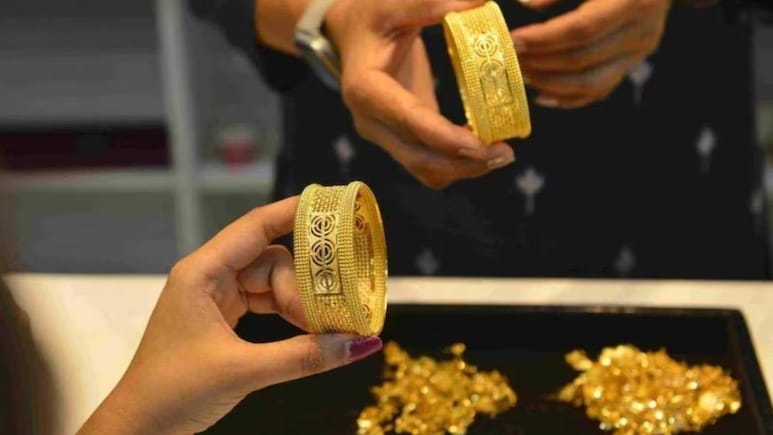
Gold is one of the most popular purchases during Diwali, with many buying coins, jewellery or small bars as a symbol of prosperity or as gifts for loved ones. As prices reach record highs this year, understanding the tax implications of gold has become critical.
The Diwali celebrations begin with Dhanteras, a day dedicated to wealth and prosperity, setting the tone for the five-day festival. This year, with Diwali on October 20, families exchanging gifts should be mindful of how gold gifts are taxed. Knowing the rules can help you celebrate the festival fully while protecting your wealth.
Are Gold Gifts Taxable?
According to Indian tax laws, there is no specific limit on receiving gold coins or jewellery as gifts. But taxation may apply depending on the source of the gift and the total fair market value of the items.
Gifts, including gold, fall under Section 56(2)(x) of the Income Tax Act, 1961, which covers money or property received without consideration. This includes jewellery, shares, real estate or cash. Such gifts are generally treated as "Income from Other Sources" and could be taxed.
Tax Exemptions For Relatives
Not all gifts are taxable. Gold received from specified family members is entirely exempt from tax, regardless of its value. Under the Income Tax Act, specified relatives include parents, spouse, siblings, children, grandchildren, and in-laws. This means any gold gifted by these family members carries no tax liability.
Gifts From Friends And Non-Relatives
Gifts from friends or non-relatives are subject to tax if the total fair market value exceeds Rs 50,000 in a financial year. The only instance when gifts are fully exempt from tax, regardless of value or source, is on the occasion of an individual's marriage. All gifts, including gold, received during a wedding are completely tax-free.
Selling Gold: What You Need To Know
If you choose to sell your gold in the future, the taxes you owe will depend on how long you have held it. Selling within three years counts as a short-term gain, taxed according to your income tax slab. Selling after three years qualifies as a long-term gain, taxed at 20% with indexation benefits to reduce the taxable amount.
Always keep invoices or gift receipts. They help prove ownership and calculate gains accurately. Knowing these rules ensures your Diwali gold brings prosperity, not unexpected taxes.
Track Latest News Live on NDTV.com and get news updates from India and around the world

